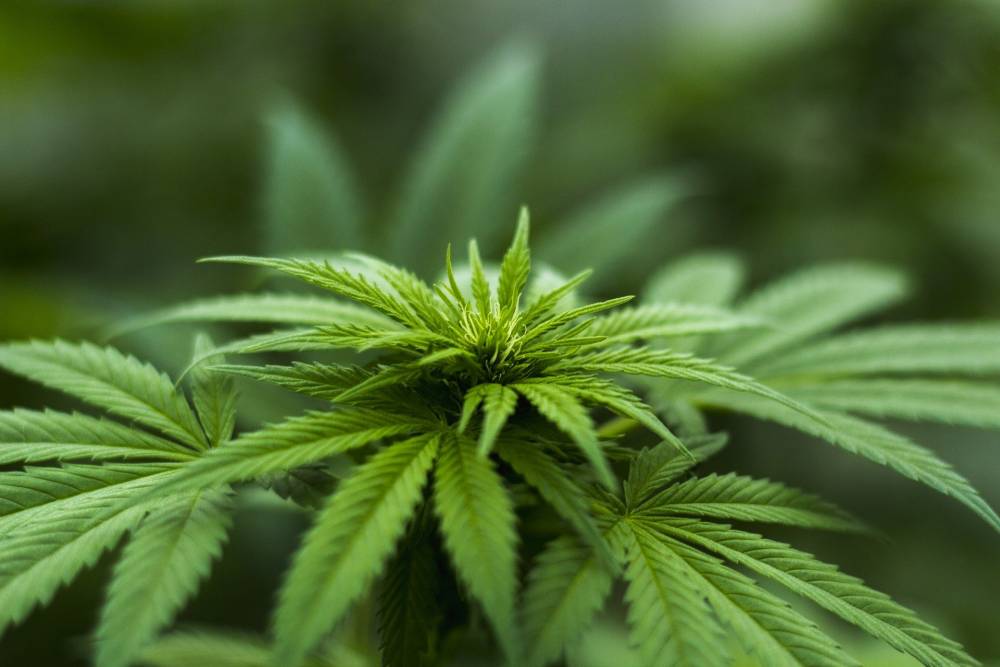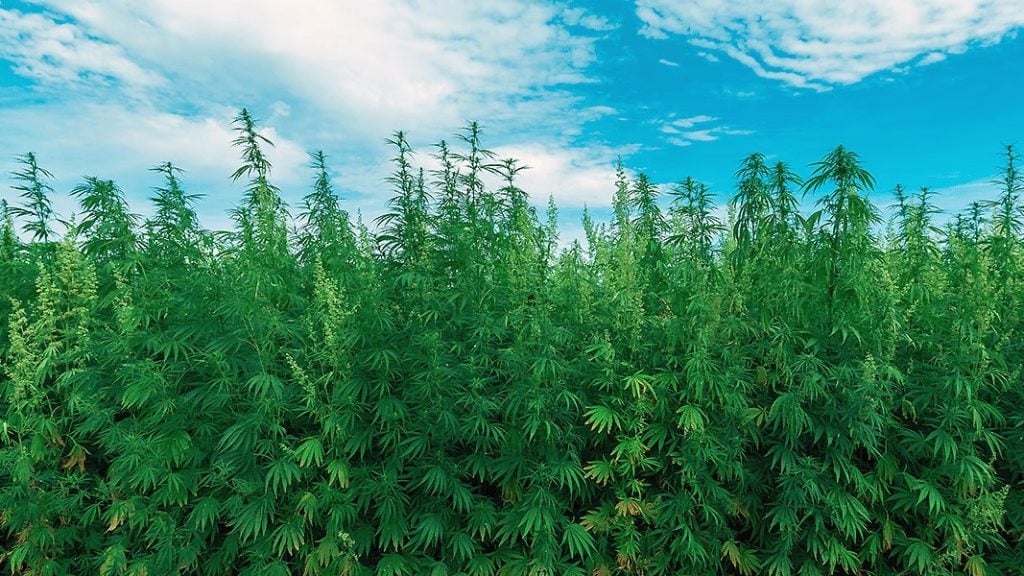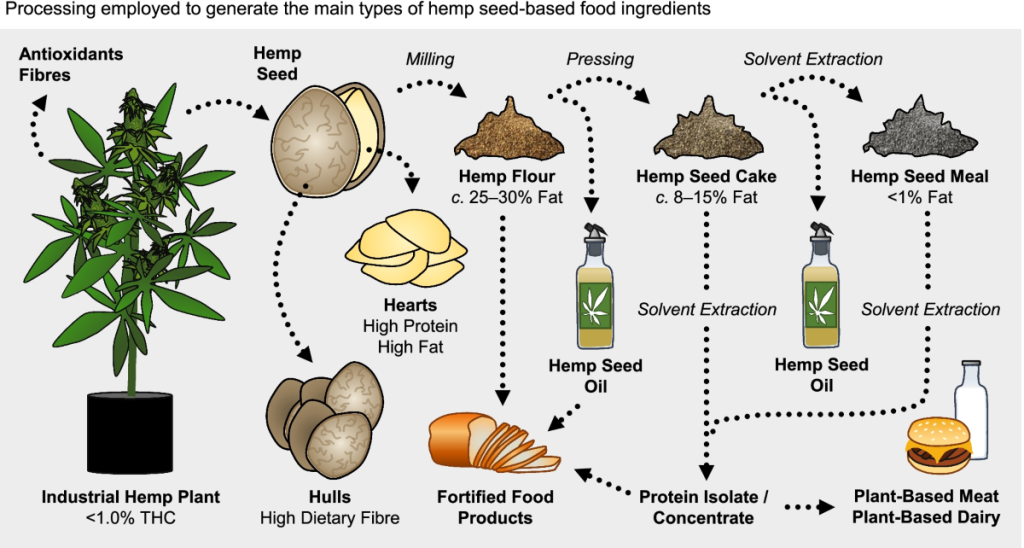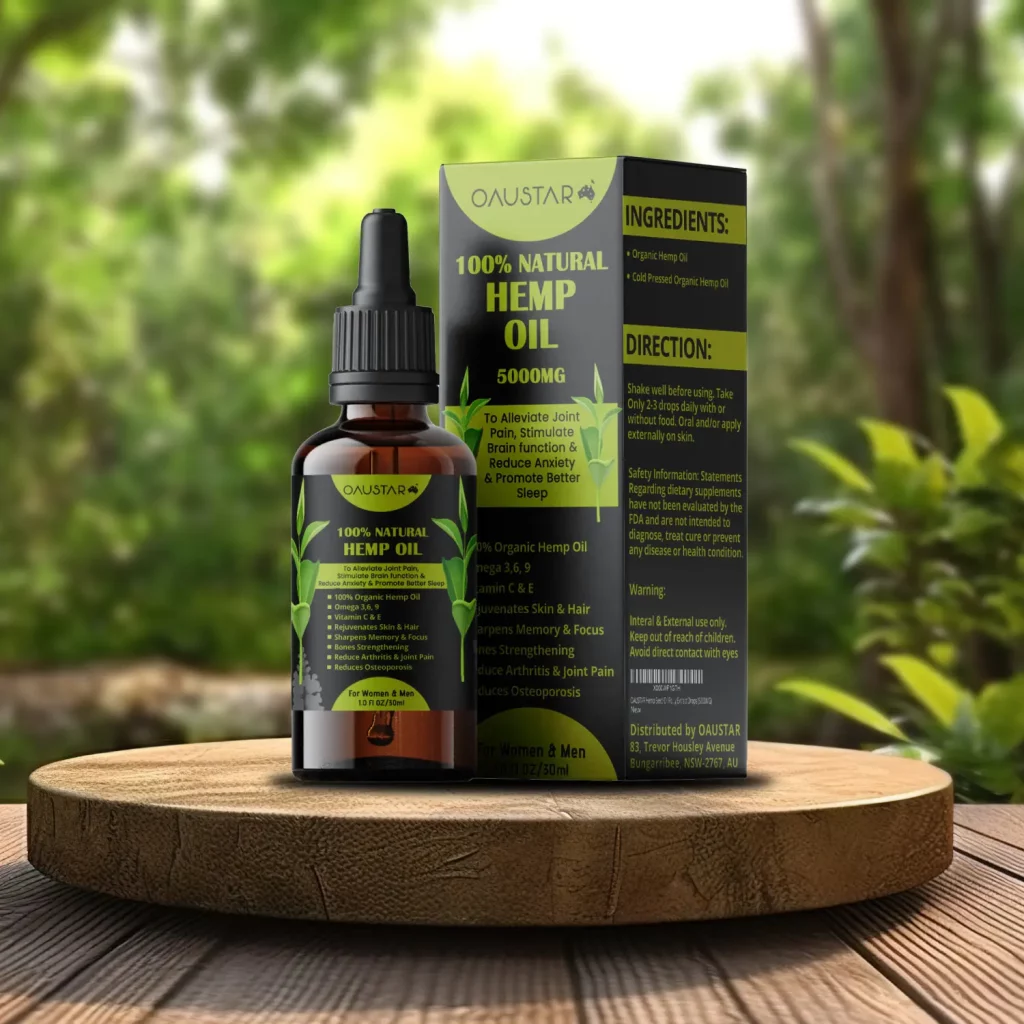Orders Above $30 - Get 15% OFF & Free Shipping, Use Coupon SPRINGSALE15
Hemp Oil Extraction: How is Hemp Oil Made?
Hemp, scientifically known as Cannabis sativa, is a versatile plant with numerous uses, including the production of hemp oil. Hemp oil is extracted from the seeds of the hemp plant, which is rich in essential fatty acids, vitamins, and minerals. Unlike marijuana, hemp contains only trace amounts of THC (tetrahydrocannabinol), making it non-psychoactive and safe for various applications.

Key Properties of the Hemp Plant
| Property | Details |
|---|---|
| Scientific Name | Cannabis sativa |
| THC Content | Less than 0.3% |
| Major Compounds | CBD (cannabidiol), essential fatty acids |
| Nutritional Value | Rich in omega-3 and omega-6 fatty acids, vitamins E, B1, B2, and minerals such as magnesium, potassium, and calcium |
| Uses | Health supplements, skincare, pain relief, stress relief, and more |
Reference: ncbi.nlm.nih.gov
The Extraction Process of Hemp Oil
Hemp oil extraction begins with harvesting mature hemp plants. The seeds are separated from the plant and cleaned to remove any impurities. Several extraction methods can be employed to obtain hemp oil, each with its own advantages and drawbacks.

Methods of Extraction
There are many Hemp Oil Extraction which are test and government approved and here are 3 tested and approved methods that can be use for the Hemp Oil Extraction.
- Cold Pressing:
- This method involves mechanically pressing the hemp seeds at low temperatures to extract the oil. It retains the nutritional content and produces high-quality hemp oil.
- CO2 Extraction:
- Using supercritical CO2, this method extracts oil with high purity and precision. It’s a preferred method for producing full-spectrum hemp oil.
- Solvent Extraction:
- Solvents like ethanol or hexane are used to extract the oil from the seeds. It’s efficient but may leave residual solvents in the final product if not properly processed.
Types of Hemp Oil and Their Production Methods
There are various types of hemp oil, each produced using different methods and serving distinct purposes.

Full-Spectrum Hemp Oil
Full-spectrum hemp oil contains a wide range of cannabinoids, terpenes, and other beneficial compounds found in hemp. It’s typically produced using CO2 extraction to ensure all compounds are preserved.
Read: What is Hemp Oil
Broad-Spectrum Hemp Oil
Broad-spectrum hemp oil is similar to full-spectrum but with THC removed. This type is ideal for individuals who want the benefits of multiple cannabinoids without the presence of THC.
Hemp Seed Oil
Hemp seed oil is extracted solely from the seeds of the hemp plant. It doesn’t contain cannabinoids but is rich in essential fatty acids and nutrients, making it suitable for cooking and skincare.
Types of Hemp Oil and Their Uses
| Type of Hemp Oil | Main Components | Common Uses |
|---|---|---|
| Full-Spectrum Hemp Oil | Multiple cannabinoids, terpenes, THC (<0.3%) | Health supplements, pain relief, stress relief |
| Broad-Spectrum Hemp Oil | Multiple cannabinoids, terpenes, no THC | Health supplements, anxiety relief, skin health |
| Hemp Seed Oil | Essential fatty acids, vitamins, minerals | Cooking, skincare, hair care |
Reference: Healthline.com
Quality Control Measures for Hemp Oil Products
Ensuring the quality of hemp oil products involves several stringent measures:
- Source of Hemp:
- The quality of hemp plants used in production significantly affects the final product. Organically grown hemp is preferred for its purity and absence of pesticides.
- Extraction Method:
- The method of extraction plays a crucial role in maintaining the integrity and potency of the oil.
- Third-Party Testing:
- Reputable hemp oil producers use third-party laboratories to test their products for potency, purity, and contaminants. These test results are often available to consumers.
Quality Control Measures
| Measure | Description |
|---|---|
| Source of Hemp | Organically grown, non-GMO hemp |
| Extraction Method | CO2 extraction, cold pressing |
| Third-Party Testing | Tests for potency, purity, and contaminants |
| Certification | Organic certification, GMP compliance |
Reference: Projectcbd.org
Common Myths About Hemp Oil Production
Myth 1: Hemp Oil is the Same as CBD Oil
While both are derived from the hemp plant, hemp oil (hemp seed oil) is extracted from the seeds and doesn’t contain cannabinoids like CBD. CBD oil is extracted from the flowers, leaves, and stalks of the hemp plant.
Myth 2: All Hemp Oil is Psychoactive
Hemp oil, especially when derived from the seeds, contains negligible amounts of THC, making it non-psychoactive.
Myth 3: Hemp Oil is Illegal
Hemp oil is legal in many countries, provided it contains less than 0.3% THC. Always check local regulations before purchasing.
Oaustar Hemp Oil
Oaustar’s hemp oil is derived from organically grown hemp plants, ensuring purity and efficacy. The company uses state-of-the-art extraction methods to retain the essential nutrients and compounds that make hemp oil a valuable addition to your health regimen.

FAQ
Q: What are the benefits of hemp oil?
A: Hemp oil offers numerous health benefits, including pain relief, improved skin health, stress relief, and support for overall well-being.
Q: How can I use hemp oil?
A: Hemp oil can be used in cooking, as a dietary supplement, in skincare routines, and for therapeutic massage.
Q: Is hemp oil safe?
A: Yes, hemp oil is generally safe for use. However, consult a healthcare professional if you are pregnant, nursing, or have any medical conditions.
Q: Where can I buy high-quality hemp oil?
A: High-quality hemp oil can be purchased from reputable health stores, online retailers, and brands that provide third-party testing results.
Common Myths About Hemp Oil
| Myth | Truth |
|---|---|
| Hemp Oil is the Same as CBD Oil | Hemp oil is from seeds; CBD oil is from other plant parts |
| All Hemp Oil is Psychoactive | Most hemp oil has negligible THC |
| Hemp Oil is Illegal | Legal if it contains less than 0.3% THC |
Reference: Medicalnewstoday.com
By understanding the process of how hemp oil is made, consumers can better appreciate the quality and benefits of this versatile product.



